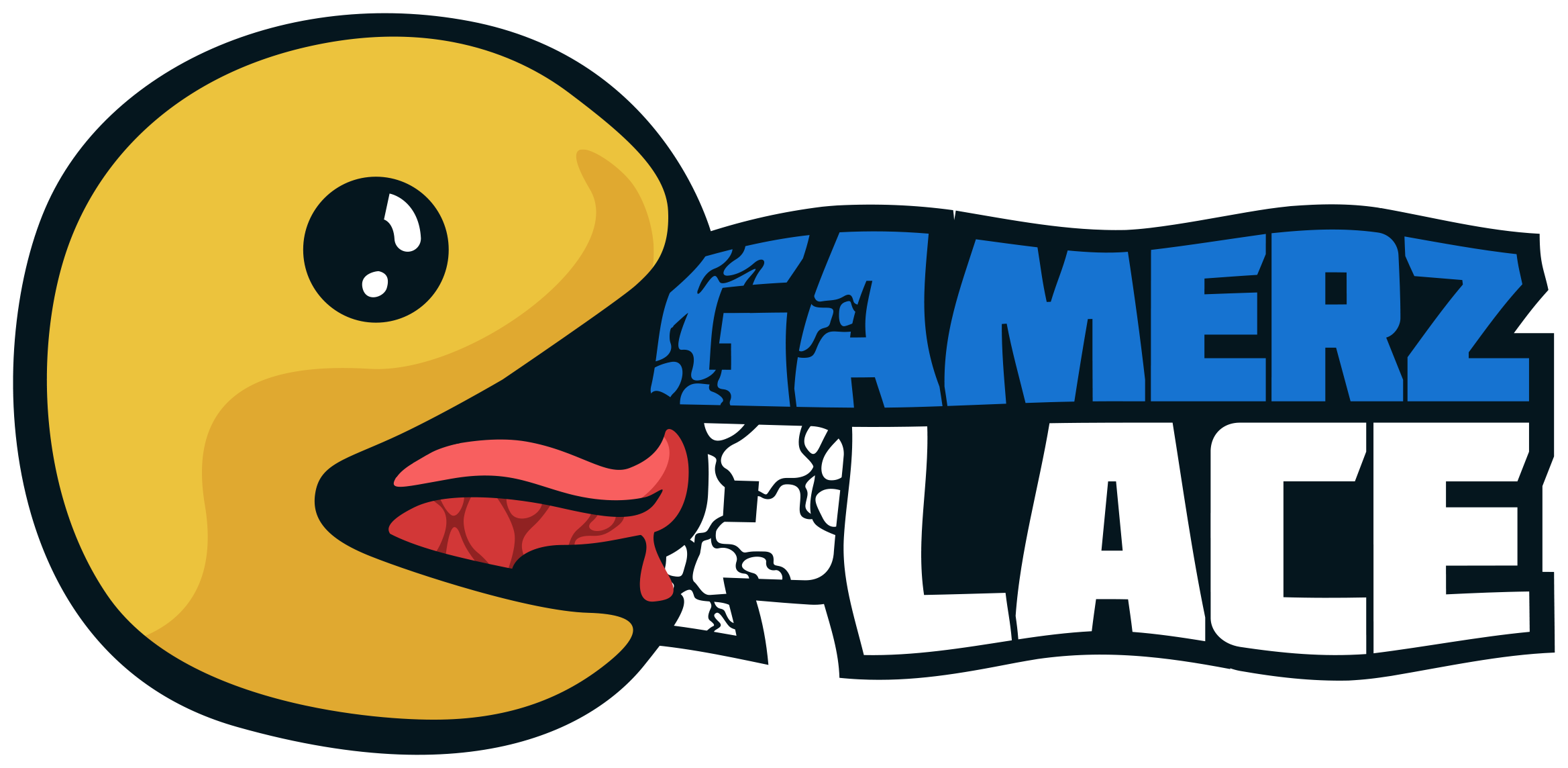<div class='quotetop'></div><div class='quotemain'>America Online intends to pick up the costs for nonprofit groups that wish to send e-mails to AOL members, a move that comes less than a week after a consortium spoke out against the company's plan to charge for a new bulk e-mail service.
Dulles, Va.-based AOL said Friday that it will offer nonprofit organizations two new free e-mail options that possess many of the features, including images and Web links, of the company's premium service designed for commercial mass e-mail.
On Monday, a consortium of nonprofit and public interest groups, including MoveOn.org Civic Action, the AFL-CIO, Gun Owners of America and the Electronic Frontier Foundation, lashed out at the plan by AOL and Yahoo to charge a fee for guaranteed delivery of bulk e-mails.
Some opponents called the fee-based service an e-mail tax, while others said it would effectively silence less affluent organizations that can't afford to pay AOL's fees. AOL argues that the rise of phishing schemes and spam requires the company to create a certified e-mail so customers can tell good e-mail from bad.
Nicholas Graham, an AOL spokesman, said that though opponents were successful only in whipping up confusion, the new free services for nonprofits came in response to criticism.
"We want to make it crystal clear for not-for-profits as well as not-for-profit advocacy groups that they will have multiple avenues of having e-mail delivered," Graham said.
The first new free service, AOL's Enhanced White List, is for nonprofit organizations that meet the company's antispam and e-mail requirements. Messages will be handled and delivered in a way nearly identical to the company's fee-based certified mail.
Unlike certified e-mail, messages sent via the Enhanced White List will not be marked as "certified" and will be delivered for free. AOL will charge commercial companies up to a penny per e-mail for certified e-mail.
The second offering will allow nonprofits to use a third-party e-mail accreditation service to authenticate their messages. Such services charge a flat, nonrecurring fee, and AOL has pledged to pay those fees.
AOL is in talks with several accreditation providers and said it expects to complete tests of the new service within 30 days. This second offering should be ready for the public within three months, the company said.
Cindy Cohn, legal director for the Electronic Frontier Foundation in San Francisco, commended AOL's move, calling it a good first step. But she worried about how AOL would determine which companies were nonprofits. She feared that AOL would recognize only those companies actually registered with the government as a nonprofit.
"A lot of people we want to protect are not registered," Cohn said. "Under this kind of plan, it would leave a whole lot of people, who run big and valuable mailing lists, out in the cold."</div>
Damn you AOL!
People just bann the "phrating" emails even thought some are never seen by 98% of AOL users!!!
Dulles, Va.-based AOL said Friday that it will offer nonprofit organizations two new free e-mail options that possess many of the features, including images and Web links, of the company's premium service designed for commercial mass e-mail.
On Monday, a consortium of nonprofit and public interest groups, including MoveOn.org Civic Action, the AFL-CIO, Gun Owners of America and the Electronic Frontier Foundation, lashed out at the plan by AOL and Yahoo to charge a fee for guaranteed delivery of bulk e-mails.
Some opponents called the fee-based service an e-mail tax, while others said it would effectively silence less affluent organizations that can't afford to pay AOL's fees. AOL argues that the rise of phishing schemes and spam requires the company to create a certified e-mail so customers can tell good e-mail from bad.
Nicholas Graham, an AOL spokesman, said that though opponents were successful only in whipping up confusion, the new free services for nonprofits came in response to criticism.
"We want to make it crystal clear for not-for-profits as well as not-for-profit advocacy groups that they will have multiple avenues of having e-mail delivered," Graham said.
The first new free service, AOL's Enhanced White List, is for nonprofit organizations that meet the company's antispam and e-mail requirements. Messages will be handled and delivered in a way nearly identical to the company's fee-based certified mail.
Unlike certified e-mail, messages sent via the Enhanced White List will not be marked as "certified" and will be delivered for free. AOL will charge commercial companies up to a penny per e-mail for certified e-mail.
The second offering will allow nonprofits to use a third-party e-mail accreditation service to authenticate their messages. Such services charge a flat, nonrecurring fee, and AOL has pledged to pay those fees.
AOL is in talks with several accreditation providers and said it expects to complete tests of the new service within 30 days. This second offering should be ready for the public within three months, the company said.
Cindy Cohn, legal director for the Electronic Frontier Foundation in San Francisco, commended AOL's move, calling it a good first step. But she worried about how AOL would determine which companies were nonprofits. She feared that AOL would recognize only those companies actually registered with the government as a nonprofit.
"A lot of people we want to protect are not registered," Cohn said. "Under this kind of plan, it would leave a whole lot of people, who run big and valuable mailing lists, out in the cold."</div>
Damn you AOL!
People just bann the "phrating" emails even thought some are never seen by 98% of AOL users!!!
